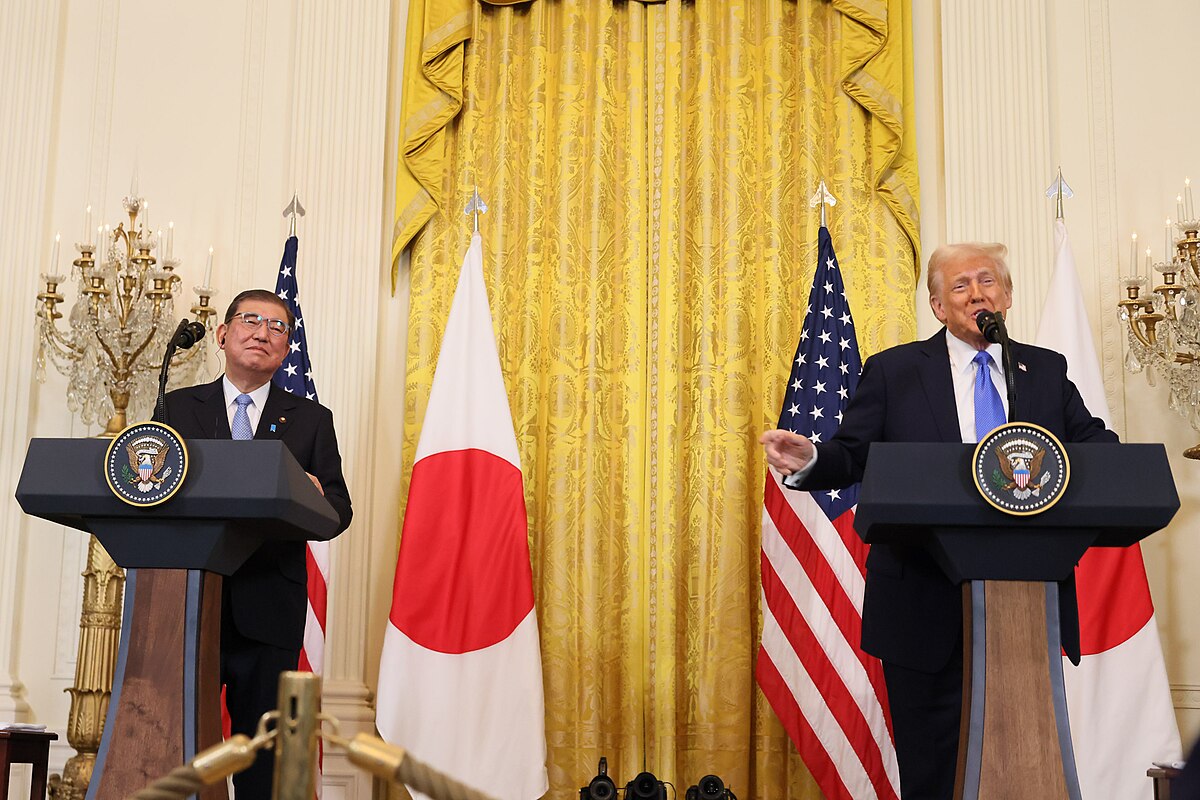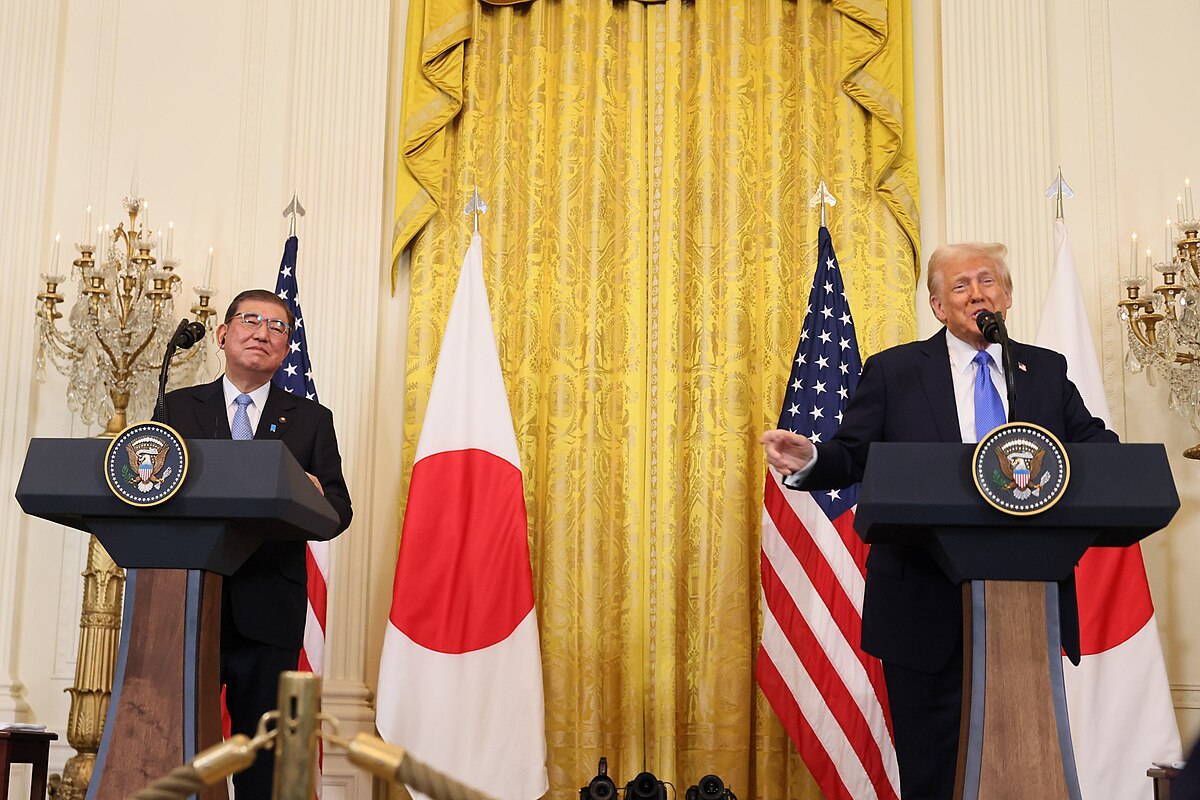President Trump’s administration is facing significant challenges in its efforts to bolster defense spending among U.S. allies in East Asia, as political instability in the region complicates these initiatives. Key allies like Taiwan, Japan, and South Korea are grappling with domestic political issues that may impede their ability to respond to the growing threat posed by China.
Under Secretary of Defense for Policy Elbridge Colby emphasized the importance of collective defense in a recent tweet, stating, “It’s common sense that all allies, especially in Asia, need to pull their weight.” He argued that a unified approach is essential for achieving peace through strength and sustainable defense.
The urgency of this situation is underscored by China’s increasing military assertiveness under President Xi Jinping, who has expanded the capabilities of the People’s Liberation Army. This expansion poses a direct challenge to U.S. influence in the region, prompting calls for allies to enhance their defense budgets.
In Taiwan, President Lai Ching-te has proposed a 23 percent increase in the island’s defense budget for the upcoming year, aiming to raise spending to over 3.3 percent of GDP. This proposal aligns with U.S. requests for Taiwan to strengthen its military capabilities to deter potential aggression from China. However, the plan faces hurdles as it requires approval from the Yuan legislature, currently controlled by the opposition Kuomintang party, which has historically favored closer ties with Beijing.
Japan is experiencing similar political challenges. The ruling Liberal Democratic Party, which has advocated for increased defense spending, recently lost its governing majority in the lower house of parliament. Prime Minister Shigeru Ishiba’s efforts to counter regional threats from China and North Korea may be hindered by this political instability, raising questions about future defense spending increases.
South Korea’s political landscape has also shifted dramatically following the impeachment of conservative President Yoon Suk Yeol. The election of liberal President Lee Jae-myung, perceived as more favorable toward China, adds another layer of uncertainty regarding South Korea’s military spending commitments. Lee is scheduled to meet with Trump in Washington this week, where discussions on defense spending are likely to be a focal point.
Critics argue that the domestic political climates in these countries may prevent them from making the necessary investments in defense. The Kuomintang in Taiwan and the recent electoral losses in Japan suggest a reluctance to adopt more aggressive military postures, which could undermine U.S. efforts to build a united front against China.
Despite these challenges, supporters of Trump’s approach maintain that the administration has effectively highlighted the threat posed by China and the need for a free and open Indo-Pacific. They argue that continued pressure and high-level negotiations will be essential to encourage allies to overcome their domestic hurdles and commit to increased defense spending.
As the geopolitical landscape continues to evolve, the Trump administration’s ability to navigate these complexities will be critical in ensuring that U.S. allies remain committed to countering China’s growing influence in the region. The stakes are high, and the outcome of these diplomatic efforts could significantly impact the security dynamics in East Asia.
READ ICE Arrests Convicted Criminals in Nationwide Operation

